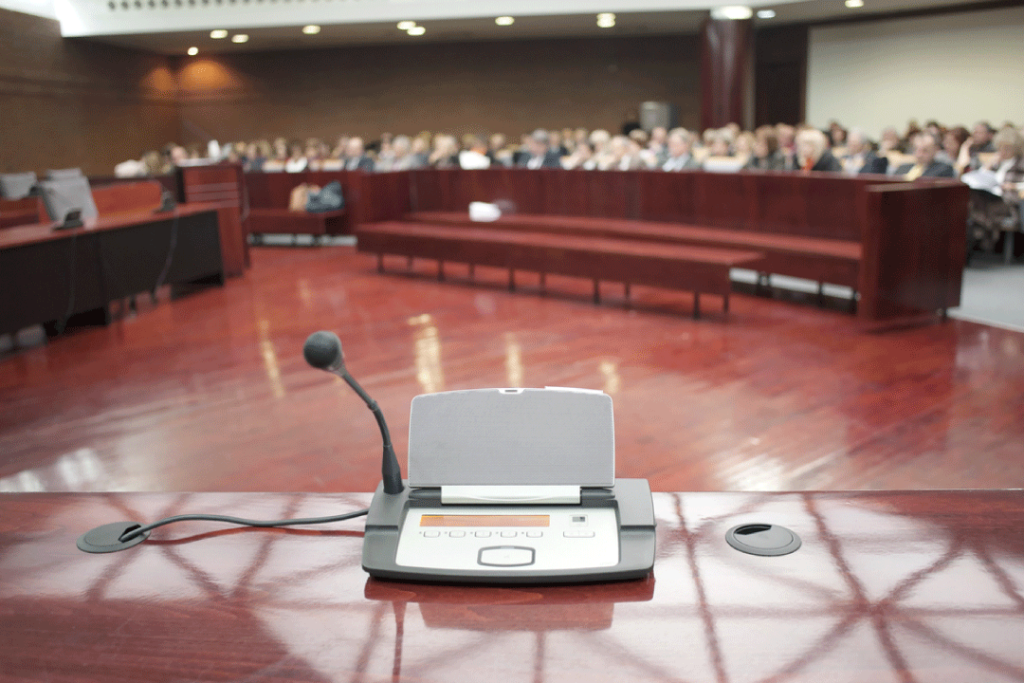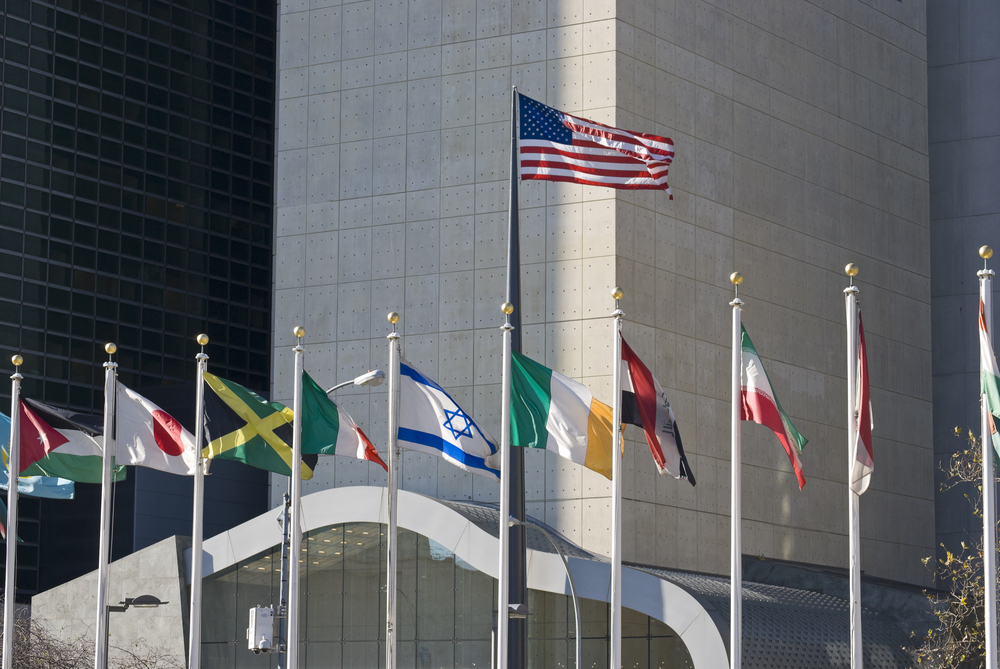The language-based challenges faced by professional athletes are often underestimated, yet they play a significant role in international sports. As sports teams become more diverse, the need for interpreters becomes increasingly prominent across various disciplines, ranging from baseball to figure skating and even ping pong.
Shohei Ohtani: A Case Study
Consider the case of Shohei Ohtani, the Japanese sensation who has made waves in Major League Baseball with his exceptional skills both as a pitcher and a hitter for the Los Angeles Dodgers. Ohtani, preferring to communicate in his native language, relies on the assistance of an interpreter. Previously, this role was filled by Ippei Mizuhara until a recent scandal led to his dismissal. Enter Will Ireton, a Hawaiian-born linguist with a unique background perfectly suited to bridge cultural and linguistic gaps within the Dodgers organization.
Will Ireton: Bridging Cultures and Languages
Ireton’s upbringing in Hawaii, with a Japanese-American father and a Spanish-Filipina mother, instilled in him a deep appreciation for diversity from an early age. His journey into the world of baseball began in Honolulu, where he honed his skills on the diamond, laying the groundwork for a career that seamlessly combined his love for the game with his linguistic talents.
Having excelled academically and athletically, Ireton pursued higher education in Southern California, distinguishing himself as a scholar-athlete at Occidental College. His path to becoming Ohtani’s interpreter was paved through internships with esteemed teams like the Texas Rangers and the New York Yankees before finding his place with the Dodgers in 2016. It was his profound understanding of both baseball and Japanese culture that made him the ideal candidate to support Ohtani in his journey.
The Crucial Role of Interpreters in Professional Sports
The recent upheaval in Ohtani’s interpreting team sheds light on the crucial, albeit often overlooked, role of interpreters in the world of professional sports. Interpreters serve as invisible pillars of support, facilitating understanding and communication between athletes, coaches, and staff from diverse backgrounds. Their role transcends language barriers, ensuring that athletes can focus on their craft without being hindered by linguistic obstacles.
Kaplan Interpreting Services: Enabling Success Across Industries
In the case of Kaplan Interpreting Services, it’s their mission to provide seamless communication solutions across various industries, including sports. Just as Will Ireton stepped in to assist Shohei Ohtani during a time of transition, their team at Kaplan Interpreting Services stands ready to support businesses, organizations, and individuals in navigating the complexities of multilingual communication. Whether it’s facilitating meetings, conferences, or sporting events, their interpreters are dedicated to ensuring that language is never a barrier to success.
Enhancing Diversity and Inclusivity in Professional Sports
The presence of interpreters in professional sports highlights the growing diversity within these fields. Athletes from different cultural backgrounds bring unique perspectives and talents, enriching the sports landscape. However, effective communication is essential for teams to function cohesively and for athletes to perform at their best.
Interpreters: Bridging Communication Gaps and Fostering Inclusion
Interpreters like Ireton play a vital role in bridging these communication gaps. Beyond just translating words, they must also convey nuances of language, culture, and context to ensure accurate understanding. This requires not only linguistic expertise but also cultural sensitivity and an understanding of the specific sport.
In addition to facilitating communication between players, coaches, and staff, interpreters often serve as cultural liaisons, helping athletes navigate unfamiliar environments and customs. They provide valuable support off the field, helping athletes adjust to life in a new country or city, navigate media interviews, and interact with fans.
Conclusion: The Vital Role of Interpreters in Professional Sports
The role of interpreters in professional sports is undoubtedly challenging, requiring quick thinking, adaptability, and professionalism. Yet, it is also immensely rewarding, as interpreters play a crucial part in enabling athletes to pursue their dreams and compete at the highest level.
In conclusion, the presence of interpreters in professional sports underscores the importance of effective communication in fostering diversity, inclusivity, and success. As sports continue to evolve into global phenomena, the role of interpreters will only become more vital in ensuring that language is never a barrier to achievement.






